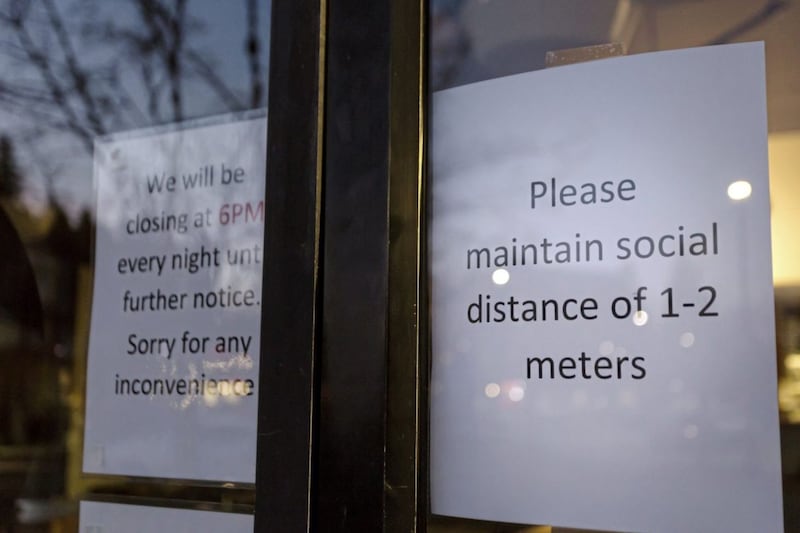IT’S May; it’s Northern Ireland; so that means just one thing, the Balmoral Show. This year the show is celebrating its 150th anniversary and promises to be bigger and better than ever.
The show is a showcase of all that is excellent about Northern Ireland’s agri-sector, and the increasing value of our food and drink producers to the local economy. For many ‘townies’ visiting the show it’s also a great opportunity to appreciate the skills and craftsmanship of those who work in the industry.
What, perhaps, is less well known outside the farming community, is that farming is the UK’s most dangerous occupation, and that among those exhibiting at the show will be groups such as the HSENI’s farm safety partnership.
Given the high level of fatalities and injuries in recent times within this sector, the need to reduce the level of farm accidents is paramount. It is also critical that farmers are adequately insured. In particular, more attention needs to be given to what cover is in place in the event of a serious accident that would prevent them from working.
Insurance primarily focuses on protecting the farmer’s assets and cover can be offered for different aspects of the business, such as farm buildings; contents, including produce, tools and plant; livestock; public liability for damage to third parties and employers liability which protects employees working for the policyholder on the farm.
Other services such as engineering inspection can also be provided to ensure farmers comply with the Provision and Use of Work Equipment Regulations (Northern Ireland) 1999 (PUWER), and the Lifting Operations and Lifting Equipment Regulations (Northern Ireland) 1999 (LOLER) for items such as telehandlers, lifting devices and compressors.
But how can the farmer protect himself in the event of a farm accident?
Many farmers perhaps forget to consider what the impact would be on their farm business if they were unable to work for a period or if they suffer a more serious injury that could end their farming career.
The demanding nature of farm work and the lack of additional labour on many farms means that farmers tend to focus on making sure their insurance covers all liability to the public and employees. In doing so, however, they often forget about the most important person - themselves.
A personal accident policy is one way that farmers can protect themselves. This cover can provide a lump sum payment in the event of accidental death, loss of limb, loss of sight, loss of hearing or permanent total disablement. It can also provide a weekly benefit for temporary total disablement and temporary partial disablement, and some policies may also offer an extension to include illness cover.
Premiums are based on the client’s age and level of cover required. Personal accident policies can be purchased as standalone cover or it can be added as an additional section on many farm combined policies.
So, this spring, in the rush to get crops in and livestock out, or even preparing to exhibit at Balmoral, spare a few minutes to think about how to protect yourself and your livelihood. Make sure that if an accident occurs and you are incapacitated due to the injury, that there is cover in place to ensure that your farm continues to operate as normally as possible.
:: Richard Henderson is head of agricultural insurance at the Autoline Insurance Group (www.autoline.co.uk)









